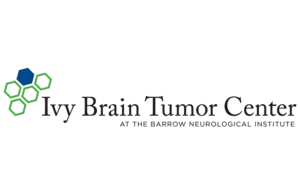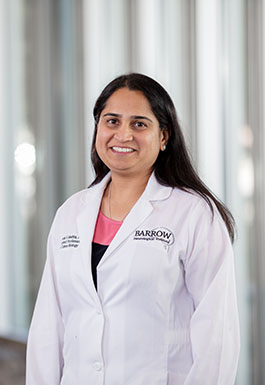 The Ivy Brain Tumor Center (Phoenix) and University of California, San Francisco will partner on a Phase 0 clinical trial to test GSK’s (NYSE:GSK) Zejula in patients with newly diagnosed glioblastoma and recurrent glioma (grades II–IV).
The Ivy Brain Tumor Center (Phoenix) and University of California, San Francisco will partner on a Phase 0 clinical trial to test GSK’s (NYSE:GSK) Zejula in patients with newly diagnosed glioblastoma and recurrent glioma (grades II–IV).
Zejula (niraparib) is a daily oral poly (ADP-ribose) polymerase (PARP) inhibitor.
FDA introduced Phase 0 clinical trials in 2004 to close the gap between initial drug testing and later-phase efficacy studies. If a drug shows promise in a Phase 0 trial, investigators can fast-track it to a Phase 2 study.
“Our mission is to do things differently from what has been done before,” Ivy Brain Tumor Center Chief Operating Officer Shwetal Mehta said in an interview.
Many drugs tested for brain cancer have trouble crossing the blood-brain barrier, and yet conventional trials don’t tend to be nimble enough to measure near-term efficacy.
“We want to identify drugs that are effective, and we want to do this quickly,” Mehta said.

Shwetal-Mehta, Ph.D.
Speed is of the essence in brain cancer clinical trials. The average five-year survival rate for patients with glioblastoma, for instance, is under 5%.
If a given Phase 0 study shows promise, investigators can transition participants to a longer-term trial. Conversely, if a treatment doesn’t turn out to be effective for a given patient, the Ivy Brain Tumor Center moves quickly to find something else that could work.
“Our trials are smaller. We open and close quickly,” Mehta said. “The idea is to get answers whether the drug is effective before we start putting them in a long-term trial.”
The recent study involving Zejula will enroll 42 patients, who will be divided into two arms. Arm A will include newly diagnosed glioblastoma patients, while Arm B will focus on recurrent glioma patients with IDH mutation and ATRX loss.
The Phase 0 trial will first enroll six participants in Arm A to find the Optimal Time Interval (OTI). The interval refers to the time between the previous drug dose and the detection of maximum unbound drug concentration in the gadolinium non-enhancing region of the tumor measured after tumor resection.
Once the OTI is calculated, the trial will enroll 18 additional participants in Arm A and up to 18 volunteers in Arm B.
Patients in both arms will receive daily niraparib for four days before undergoing surgery to determine how much of the drug is present in the tumor, blood and cerebrospinal fluid.
Arm A volunteers who have tumors with a positive pharmacokinetics (PK) response will go onto a therapeutic expansion phase that combines niraparib with standard-of-care fractionated radiotherapy. Arm B participants with positive pharmacodynamics (PD) response will proceed to a therapeutic expansion phase involving niraparib monotherapy.
The recent study design reflects Ivy Brain Tumor Center’s learnings from Phase 0 trials over the years.
“Initially, we were conducting conventional Phase 0 trials focused on a monotherapy, a single drug, to assess whether the drug gets into the brain or not,” Mehta said.
Such trials did not have an expansion arm or a therapeutic arm.
“But now going forward, all our trials are Phase 0/1 or Phase 0/2, or have an expansion arm,” Mehta said. “If they determine that the drug is getting into the brain and is hitting its target, then we can move those patients into a Phase 2 or an expansion arm where they receive that drug or modality longer for longer periods of time.”
The Ivy Brain Tumor Center currently has active clinical trials focusing on the following:
- Niraparib for newly diagnosed glioblastoma and recurrent glioma.
- Sonodynamic therapy (SDT) for recurrent high-grade glioma.
- Infigratinib for recurrent high-grade glioma.
- Ribociclib for preoperative glioma and meningioma.
- Ribociclib plus everolimus for recurrent high-grade glioma.
- Pamiparib for newly diagnosed or recurrent glioblastoma.
- Abemaciclib and LY3214996 for recurrent glioblastoma.
Filed Under: clinical trials, Drug Discovery, Oncology



